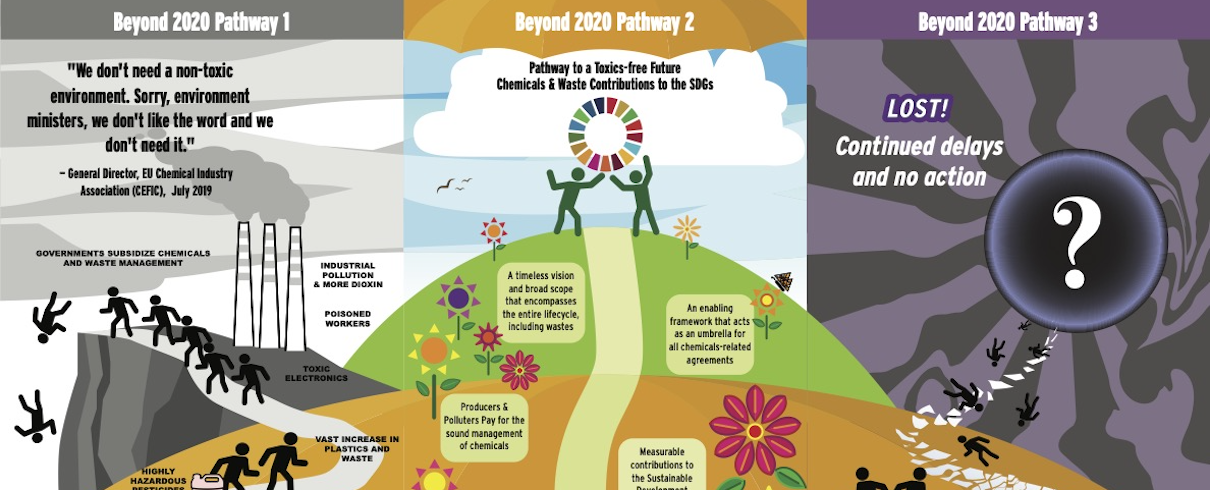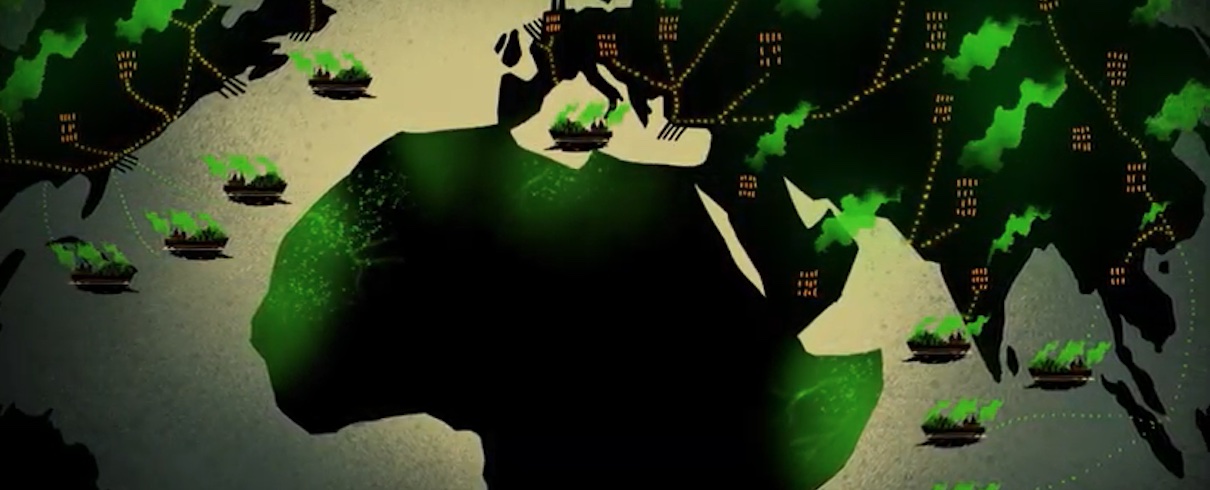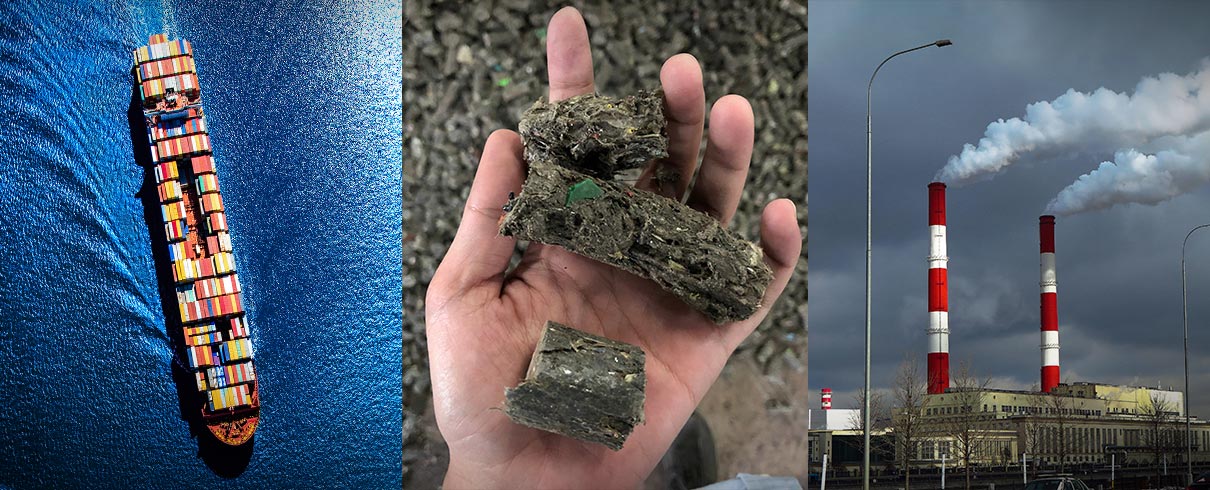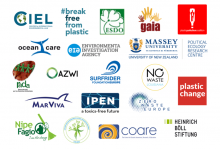Spacer
Google Translate
Highlights Front Roll

SAICM: A Critical Tool

Plastics, Plastic Waste, and Chemicals in Africa

New Video: Plastics Poisoning Our Health

Promoting Stronger Protections on Chemicals at BRS COP

How the UNEA Plastics Resolutions Relates to Chemicals and Health

Plastic Poisons the Circular Economy

Plastic Waste Fuels: policy spreads toxic trade across Asia






